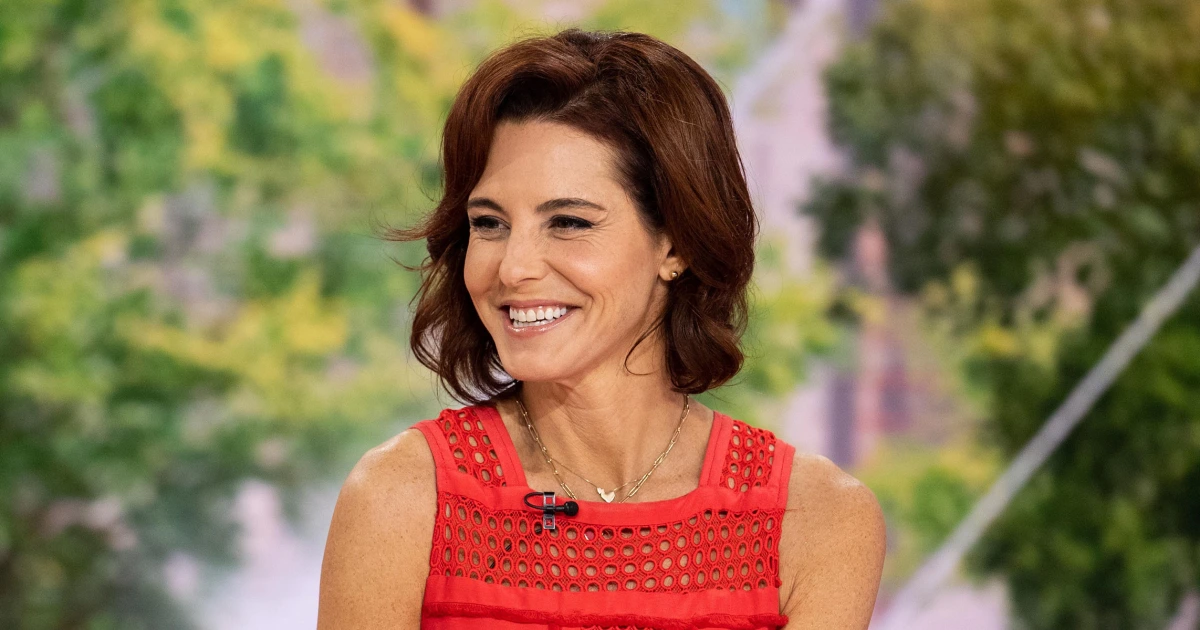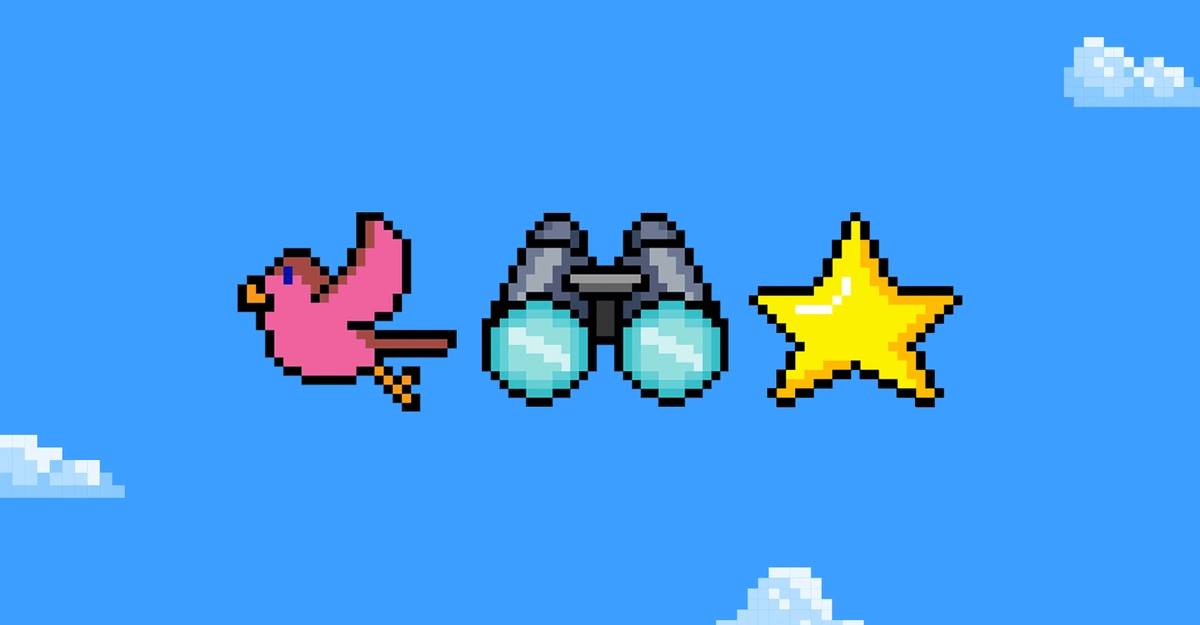Copyright TODAY

Primetime MSNBC anchor Stephanie Ruhle takes the national stage each night, holding politicians accountable and breaking down the country’s most complex problems. Her main setback? “I really can’t read the teleprompter," she says. The former finance savant turned political powerhouse has dyslexia, a learning difference she only discovered once she was an adult. Before a career in broadcast journalism, Ruhle spent years rising up the ranks in investment banking, an industry that typically starts employees in research to learn basic but crucial information. Sitting down with TODAY.com for Dyslexia Awareness Month in October, Ruhle explains that she was "desperate to get out of research because I can’t read." So, she quickly worked her way into sales. Because of her rapid rise in the ranks, she says, “on its surface, I was a success." But “the sad part of my story is never having been diagnosed, you go in one of two directions: Either you grow to hate school, you become really badly behaved and you fall out of the system,” she says. “Or you’re somebody like me who’s highly, highly, highly motivated, and you’re constantly cheating the system.” Growing Up With Undiagnosed Dyslexia Since she, like many others, thought the sole symptom of dyslexia was letters and numbers flipping, Ruhle says she never suspected she had the condition. “Everyone thinks that dyslexia is the numbers are backwards or the numbers are upside down,” she says. “For me, it’s having no reading comprehension skills, in one ear and out the other. You can read a chapter and it’s gone.” In addition to visualizing flipped or mixed up letters and numbers, Yale University notes other symptoms of dyslexia can include reading very slowly, trouble sounding out words, difficulty with memorization, spelling poorly, difficulty learning a foreign language and mispronouncing words, among other signs. Growing up, Ruhle says she memorized books and poems, leading people to think she was an advanced reader, so she was sent to school a year early. But when classes moved into independent reading, she says the task suddenly became difficult. “When people were reading to me, I could memorize the book,” she explains. “As soon as I had to start reading on my own, it got harder and harder, and that’s when I started cheating.” Ruhle clarifies “cheating” as a dyslexic meant “working around the system.” For courses she knew required heavy reading or a long-form exam, Ruhle says she would request to give a presentation, knowing she had strong speaking skills. “It probably should have been a marker then,” Ruhle adds. “How does this girl get an A+ in presentations and she can’t read a book and pass an exam?” Stephanie Ruhle's Dyslexia Diagnosis “The 11th Hour with Stephanie Ruhle” host was only diagnosed with dyslexia once her son experienced the same troubles. “You don’t realize all that you go through until you have a child going through it,” she says. When her son suddenly had difficulty learning in school, Ruhle says she watched him go from “being outgoing and a leader to being an outcast and badly behaved." "If you think you’re dumb, your security blanket is to be funny and loud and live outside the lines," she adds. Once teachers suggested her son be tested for dyslexia, Ruhle says he was diagnosed “right away.” “They said, ‘It’s hereditary, you should probably get tested too.’ And as soon as I saw his markers, I knew I had it too,” she says. “I desperately didn’t want my son to have the path that I did.” After his diagnoses, Ruhle explains that her son transferred from the public school system to a school that specialized in teaching students with dyslexia. Since seeing how much these new improved his learning, Ruhle says, “advocating for dyslexia in public schools became the most important thing to me.” “The greatest chance we have of mobility in life is through education,” Ruhle adds. Living With Dyslexia, Now Because the news anchor's dyslexia causes her difficulty reading the teleprompter, Ruhle says she uses the script as "more of a guide." “If you see me anywhere, I constantly have giant index cards and a Sharpie. When I give a speech somewhere, I don’t read from a script. I have giant index cards that have all my bullets of my topics I want to hit. And I have a photographic memory so I can remember my speech,” she says. When she interviewed former Vice President Kamala Harris last year, Ruhle recalls the extensive preparation, including rewriting the questions 10 times and memorizing her outline. For people with dyslexia, especially those who are similarly high achievers, Ruhle says: “You just have to know who you are.” “You have to know you don’t have the ability to fly by the seat of your pants,” she continues. “You need to have that planner. You need to have that schedule. You need to wake up and ... have that checklist.” “If you think that one day you’re going to wake up and dyslexia is going away, or this is just going to work out, it’s not.” While Ruhle’s dyslexia has forced her to work harder at basic tasks for some colleagues, the award-winning journalist calls the condition her “superpower.” “I know my guests appreciate that I’m not reading a teleprompter or looking down when I’m asking a question — I’m listening, because I have to,” she explains. Some common strengths of people with dyslexia, per Yale, include reasoning and problem solving skills, understanding abstract concepts and “exceptional” empathy. They tend to be curious, highly articulate and “noticeably resilient," often excelling in the arts, philosophy, science, history and creative writing. As a journalist, Ruhle says people with dyslexia can be “great storytellers. ... They’re extroverted. They’re performers.” “It’s not a defect,” she continues. “Most people who are dyslexic are empaths. You can read a room, you can feel a room because you have to win the room. And you taught yourself that.” “In the grown up world, being that cerebral problem solver thinker, we’re the people that make the difference in a meeting,” she continues. “We’re the people that make a difference in life.” But Ruhle still finds herself struggling with her childhood belief that she's stupid. “I’m a professional talker on TV, and the hole that I have in my belief that I’m not smart is something that I spend my days trying to fill.” “It keeps me up at night thinking about all the kids in this country that don’t get diagnosed, that fall through the system or never believe in themselves and without are confidence,” she says. If Ruhle could turn back time and talk to her school-age self, she’d tell her: “The world can’t wait to meet you.” “Find a way. Just find a way. There’s nothing you cannot do,” she says. “You might have to take the back roads, but don’t give up on going.”



